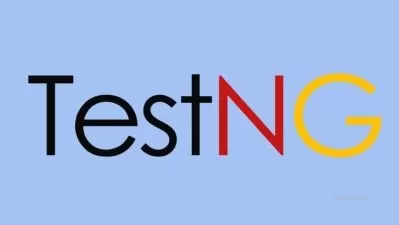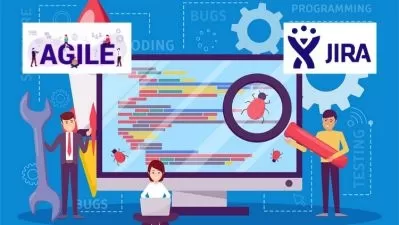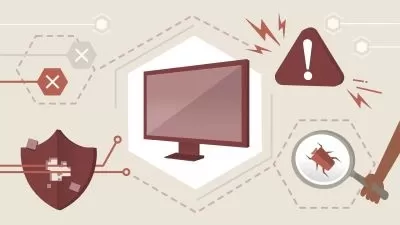Three key structure-based testing techniques
Martins Gills
2:38:53
Description
Improve your testing skills in white-box area
What You'll Learn?
- Will improve their software testing skills
- Will learn in detail how to achieve for the source code the statement, branching and branch condition coverage
- Be able to recognize the best context for applying each of structure-based test techniques
- Be able to apply the structure-based test techniques at high level algorithms
Who is this for?
More details
DescriptionThis course will help you to improve your expertise in three most common software testing techniques applied at the code level. The course will also help you to prepare for ISTQB exams. It actually focuses on a specific part from the syllabus. The most important value from the course is the practical one.
It might be a bit difficult for the absolute beginners in the software testing area, but it can improve the competence of existing testers / QAs or developers creating tests for their code.
So often one can see the automated tests (e.g. unit tests, API tests) or manual tests are either not using distinct techniques or not applying the techniques properly thus losing the quality of the tests, not reaching the desired level of test coverage. This course will fill the gap – you will be confident about the main structure-based testing techniques, the rationale behind each test case. Understanding the testing methods also helps you in test planning – the number of tests required, to estimate the resources etc.
The techniques help both developers and QAs/testers. The principles can be applied both to software code and to higher level algorithms (e.g. in requirements specification or in the technical design documentation).
Every technique in this course is explained in detail. For each technique several examples are given, as author believes that this is one of the best ways of learning.
The knowledge here is applicable in a tool-neutral manner. At the same time, most of examples are shown as Python code, some – as JavaScipt.
Who this course is for:
- Software testers
- Programmers
- Software developers
- QA
This course will help you to improve your expertise in three most common software testing techniques applied at the code level. The course will also help you to prepare for ISTQB exams. It actually focuses on a specific part from the syllabus. The most important value from the course is the practical one.
It might be a bit difficult for the absolute beginners in the software testing area, but it can improve the competence of existing testers / QAs or developers creating tests for their code.
So often one can see the automated tests (e.g. unit tests, API tests) or manual tests are either not using distinct techniques or not applying the techniques properly thus losing the quality of the tests, not reaching the desired level of test coverage. This course will fill the gap – you will be confident about the main structure-based testing techniques, the rationale behind each test case. Understanding the testing methods also helps you in test planning – the number of tests required, to estimate the resources etc.
The techniques help both developers and QAs/testers. The principles can be applied both to software code and to higher level algorithms (e.g. in requirements specification or in the technical design documentation).
Every technique in this course is explained in detail. For each technique several examples are given, as author believes that this is one of the best ways of learning.
The knowledge here is applicable in a tool-neutral manner. At the same time, most of examples are shown as Python code, some – as JavaScipt.
Who this course is for:
- Software testers
- Programmers
- Software developers
- QA
User Reviews
Rating
Martins Gills
Instructor's Courses
Udemy
View courses Udemy- language english
- Training sessions 27
- duration 2:38:53
- Release Date 2023/03/25











